
Pending approval by the MUR and ANVUR
The newly established “Frontier sciences in sustainability, diplomacy and international cooperation” doctorate is aimed at those who wish to undertake a rigorous path of scientific research, exploring the interaction between sciences.
The doctoral course, based in the Department of International Human and Social Sciences (SUSI), represents the ideal continuation of the previous first (bachelor) and second level (master) courses, is divided into two curricula and is representative of the main research and teaching areas of the Department.
The integration between sustainability and diplomacy represents the innovative feature of the new course, according to a vision that is specific to the SUSI Department, which, in its 2022-2024 strategic plan, sets the objective of "developing integrated and complex knowledge that combines aspects related to technical-scientific innovation and fields of human and social sciences, with a view to connecting knowledge, with particular regard to the system of international relations, cooperation, sustainable development and media ecosystems and communication flows". In light of this perspective, the proposed course is strongly representative of the different souls of research, teaching and third mission that have animated the SUSI Department since its establishment in January 2021.
The doctorate "Frontier sciences in sustainability, diplomacy and international cooperation" offers a transdisciplinary learning and research path on strategic issues for current society: the lines of study concern research itineraries that range between the three dimensions of sustainability (economic, social, environmental), in line with the UN 2030 Agenda goals and with particular attention to diplomacy and international cooperation, as well as the condition of vulnerability.
The course promotes a methodology intended to address complexity, through the interaction of multiple perspectives to create a transdisciplinary research environment. The main objective is to promote research and training of in-depth knowledge, knowledge and skills capable of examining, addressing and managing situations characterized by a multiplicity of factors, from an international and sustainable perspective, adhering to the principles of open science.
The course is consistent with many of the goals of the UN 2030 Agenda, in particular:
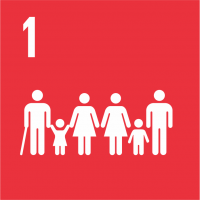 Goal 1: No poverty
Goal 1: No poverty
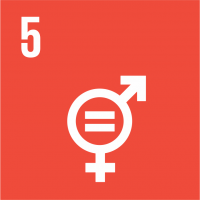 Goal 5: Gender equality
Goal 5: Gender equality
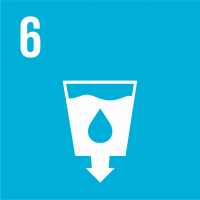 Goal 6: Clean water and sanitation
Goal 6: Clean water and sanitation
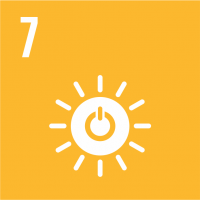 Goal 7: Affordable and clean energy
Goal 7: Affordable and clean energy
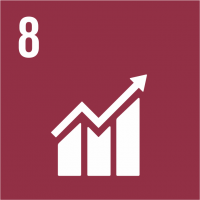 Goal 8: Decent work and economic growth
Goal 8: Decent work and economic growth
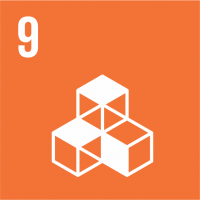 Goal 9: Industry, innovation and infrastructure
Goal 9: Industry, innovation and infrastructure
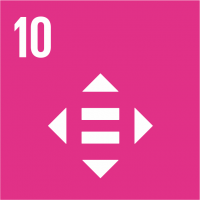 Goal 10. Reduced inequalities
Goal 10. Reduced inequalities
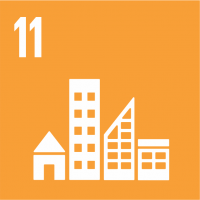 Goal 11: Sustainable cities and communities
Goal 11: Sustainable cities and communities
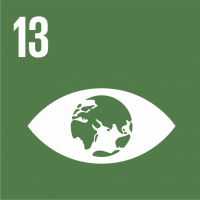 Goal 13: Climate action
Goal 13: Climate action
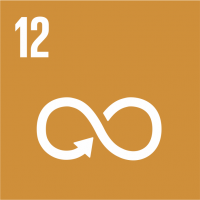 Goal 12: Responsible consumption and production
Goal 12: Responsible consumption and production
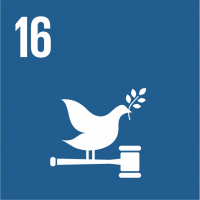 Goal 16: Peace, justice and strong institutions
Goal 16: Peace, justice and strong institutions
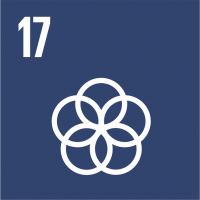 Goal 17: Partnership for the goals
Goal 17: Partnership for the goals
